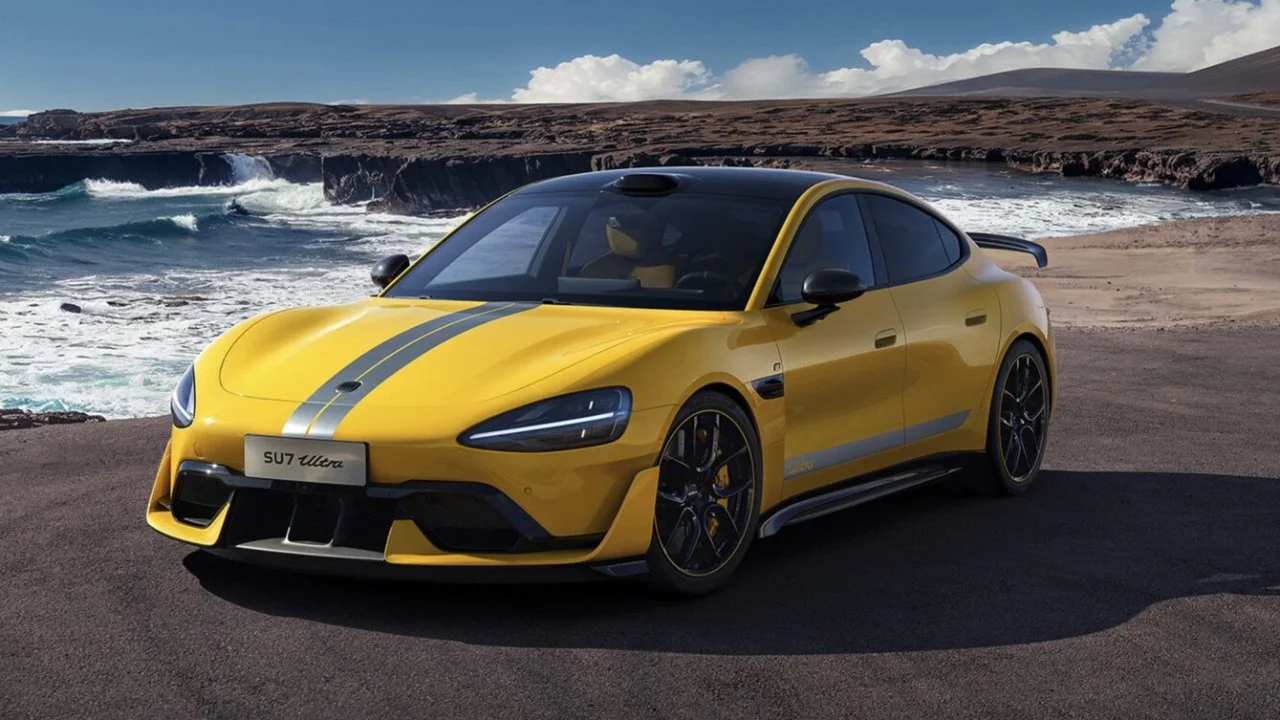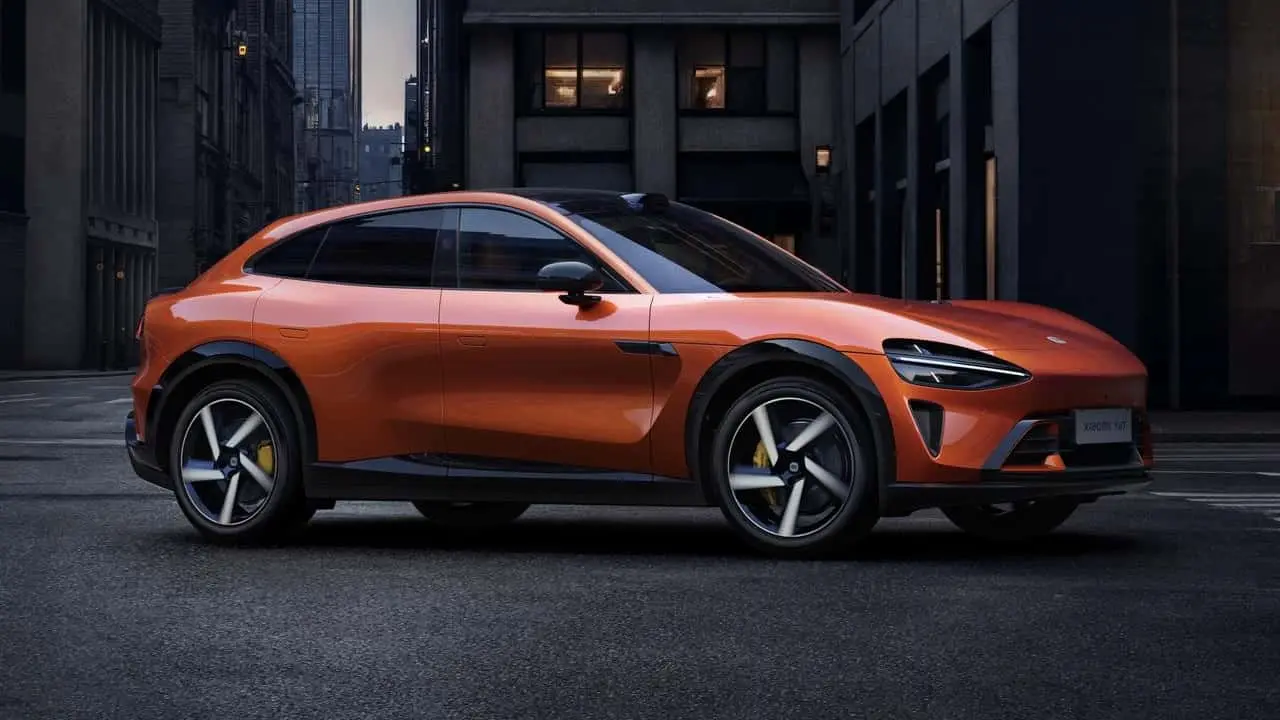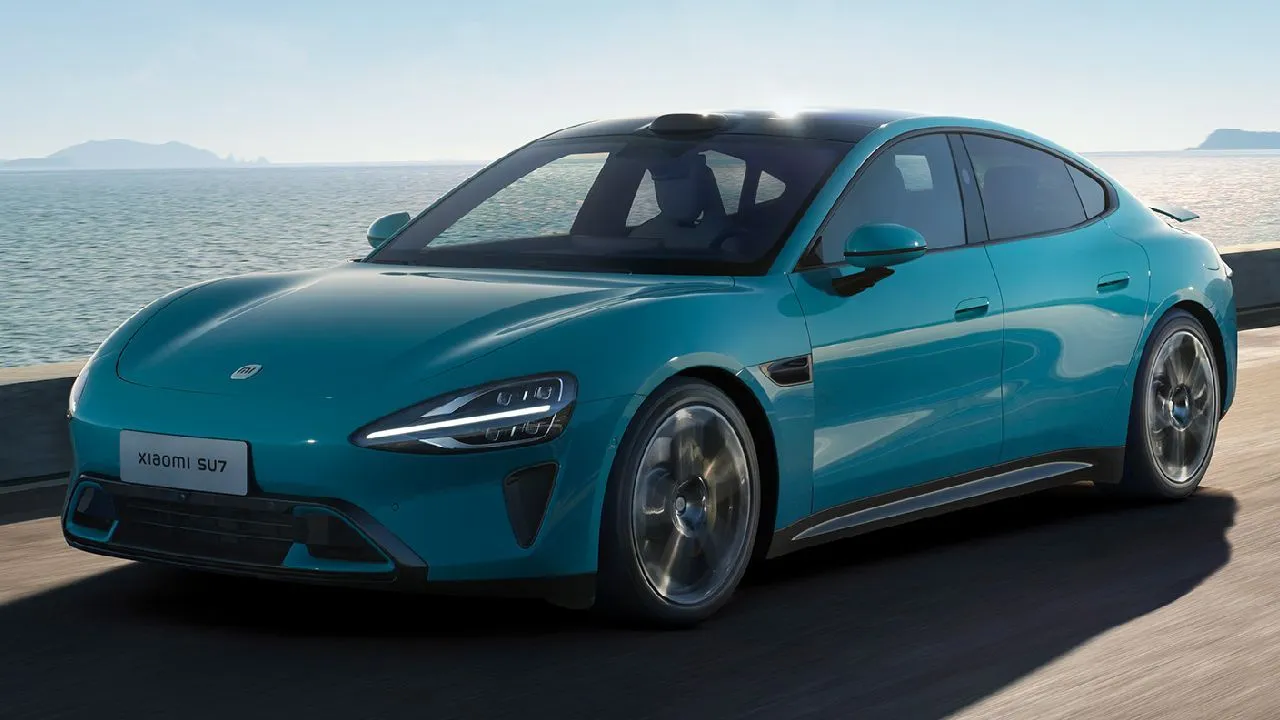With a skill-full taking away of leadership in mobile technology from the smartphone arena, Xiaomi has now taken its position as a contender in the electric vehicle market. The leaders of technology, Apple, however, have taken a step back from an electric vehicle program that they toyed with for the better part of a decade. An analysis of the premise will be done with respect to three main reference points: business strategy, market perception, and technological application.

Xiaomi's Quick Decisions and Implementation Of The Market Practices
The prototypes and models for production were quickly built and tested after the announcement of the EV project. It was best priced for value, combining advanced battery technology with smart software integration: A crowning achievement in marketing name SU7, screened as a jewel in electric-car design in China. With proven competencies in supply chain management, they maintained low production costs and scheduled market introductions.
Apple's Over-Secrecy Muddled With Bad Timing
The EV project at Apple called Project Titan had started over a decade back. The going slow was internal changes and divisions caused mostly by the secrecy. By this time, the others had gained the upper hand: Tesla, BYD, and Xiaomi were all in the foothold well before Apple would ever envision. By that time, Apple never got going really for his project.
Pricing and Market Positioning
From the outset, Xiaomi was targeting a mass market. That is reflected in their pricing of cars that suitably fit the budget of a middle-class person. On the other hand, Apple would box itself into the premium slot; it is a dangerous game to play for any new entrant in the EV arena. It seems to understand that in the birth pangs of the EV industry, anything at all affordable would find larger valuation.
Technology and Ecosystem Consolidation
Xiaomi tightly integrated its electric vehicle with the Xiaomi IoT and smartphone ecosystem. Users can control everything from software and navigation of the vehicle to home control right from the phone. Apple had a good infrastructure backing an EV, but quit the project even before it could put a viable car on the road.

Supply Chain and Partnerships
This company signed contracts with key manufacturers of EV parts, battery developers, and technology suppliers in China. The contracts decreased their time for production and cost. Meanwhile, Apple postponed its mass-producing arrangements, which it needed for the immediate building of its vehicle.
Speedy decision-making, right market targeting, cost-effective pricing, and full utilization of the existing tech ecosystem is where the winds favor Xiaomi. Though Apple is a much-celebrated name in the tech world, unforeseeable delays and adverse twists along the path of EV became fatal for them. It has proved in the EV space that even new entrants can flaunt to the world if only they work at the right strategy and at the right time.
Follow our WhatsApp channel for the latest news and updates
